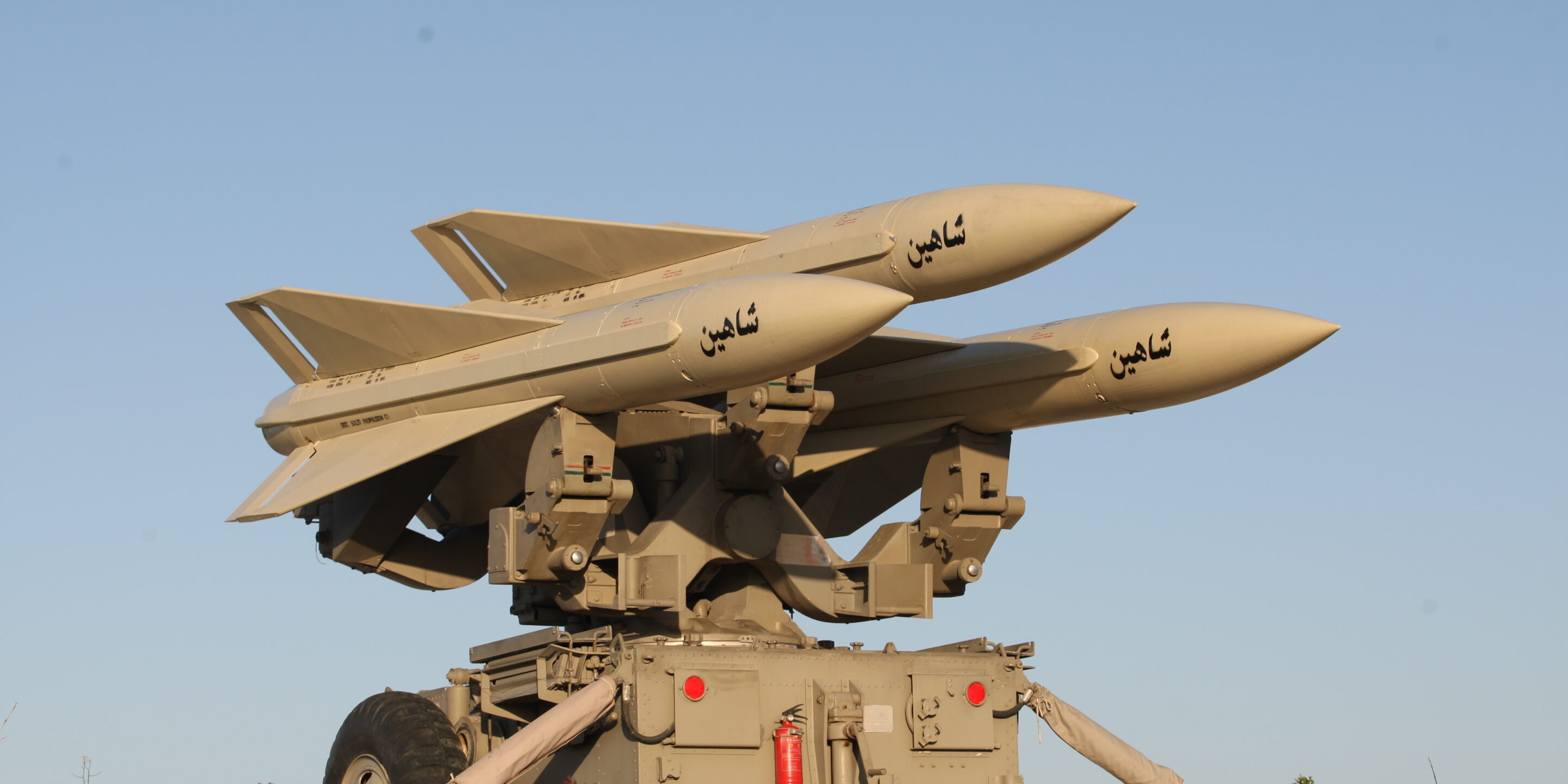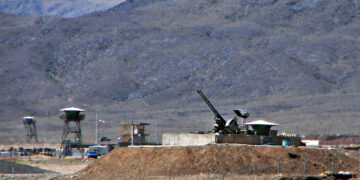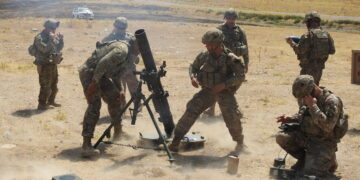November 1, 2024
Strategic restraint is the wisest course in confronting Iran’s nuclear program

With Iran’s nuclear ambitions advancing and regional tensions on the rise, Israel’s recent targeted strikes against Iranian air defenses and ballistic missile production facilities have underscored that Tehran’s vulnerabilities are real, and that a well-calibrated approach of restraint, supplemented by limited military action, can effectively contain Iran’s ambitions.
For Israel, a nuclear-armed Iran is an existential threat, and defensive and preemptive measures against Tehran’s expanding capabilities are necessary. The U.S. shares Israel’s concern, but is also wary of becoming mired in another prolonged Middle Eastern conflict. Recent Israeli strikes offer an instructive model that aligns with American strategic interests: precise, restrained actions that effectively disrupt Iran’s activities without escalating to broader hostilities.
The risks of an all-out confrontation with Iran are well-known. A full-scale strike on Iran’s nuclear infrastructure could provoke Iran’s extensive network of regional proxies—including Hezbollah in Lebanon, Shiite militias in Iraq and the Houthis in Yemen—leading to widespread retaliatory actions against both Israeli and American interests. Such an escalation would not only destabilize the Middle East but also embolden Iranian hardliners, potentially accelerating the very nuclear program Israel and the U.S. are working to contain. A policy of strategic restraint avoids these risks while still allowing for limited actions to reinforce red lines.
Israel’s recent operations provide a blueprint for this approach: highly targeted strikes that signal Israel’s red lines without provoking all-out warfare. By focusing on specific military assets, Israel is sending a clear message about the boundaries it is prepared to enforce.
More on Middle East

Featuring Rosemary Kelanic
October 16, 2025

Featuring Daniel DePetris
October 8, 2025
Events on Iran







